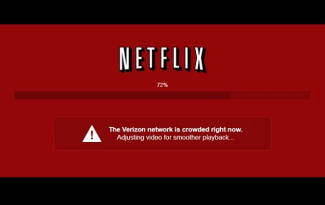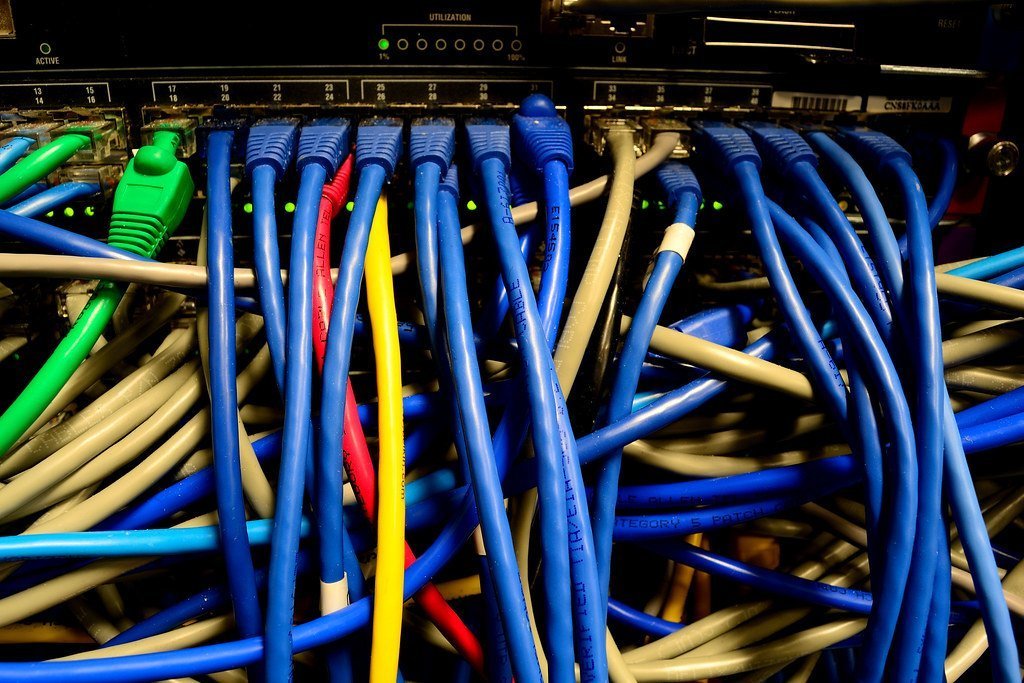I’ve always supported the ideas behind Net Neutrality. A free and open internet where internet service providers would serve all sites at the best available speed and not charge websites for preferential treatment (faster speeds). For the record, I also support Santa Claus serving ALL children with the best toys his elves can churn out, and not giving preferential treatment to the kids whose parents were able to buy them a slot on the “Nice List.” In my perfect world, there would be fast internet and free toys for all! But this isn’t a perfect world.
No matter how much I want an internet run by agnostic service providers. I’ve never supported government regulations that attempted to ensure the openness of the internet. I was glad when the FCC’s Open Internet Act passed in 2010 was struck down.
As consumers, some people want regulation to prevent internet service providers from giving preferential treatment to some websites. Many media companies want regulations to prevent piracy. Some of those regulations (SOPA and PIPA for examples) would make it difficult for websites like Reddit or YouTube to exist. The result of government regulations and the threat of their solutions come at the expense of how copyright law is supposed to work. To quote those great philosophers, The Rolling Stones… You can’t always get what you want.
A few weeks ago, I, as a T-Mobile user, was thrilled to see that a number of music streaming services would no longer be counted against my bandwidth. Yet, even with Pandora, Spotify, iTunes Radio, iHeart Radio, Slacker, Rhapsody and Milk Music listed, T-Mobile’s decision may screw over the little guys like RDIO and Deezer. So, should we put a law in place so they can either provide unlimited bandwidth for all or can’t provide unlimited bandwidth for any?
The decision T-Mobile made may not be fair to all, but it allows for consumer choice. If enough people want to use Deezer radio, T-Mobile could well be put in a position where they would need to add Deezer to this plan. Or partner services like this could be a new part of the equation when it comes to choosing a network. It’s possible that we could all end up picking our networks based on the services we already choose. For example: If you are a Pandora and Netflix user, you may want to choose one carrier. If you use Hulu and Pandora, you may want to choose another.
Even the underdog companies I mentioned are a lot larger than most websites. I run several personal sites, as well as client sites, that fall into this category. All are much more likely to be de-prioritized by ISPs. After all, none of my sites are capable of generating the kind of consumer and media backlash that Netflix got with a simple banner blaming Verizon for slow load speeds. We’re like the unfortunate and misunderstood kids on the “Naughty List.” With no consumer backlash, how will the little guys be protected without a law?

We are the consumers and companies need our money. If we demand an open internet, not by writing our congressmen, but by spending money elsewhere and telling ISPs why, we WILL get what we want. If we legislate, we may or may not get what we want right now, but we lose freedom. No law, however “necessary” it may be, will make us free. If we restrict, we aren’t simply restricting bad business practices; we are restricting innovation, as well.
I’m aware that not everyone has a choice yet. I grew up in a place that only had one internet option. Well, I guess there were two options if you count take it or leave it as options. I currently have a big city address and I still only have two ISP options. The good news is that the parts of the U.S. that are limited to only one internet service provider are becoming fewer and farther between. More are coming! I can easily see a company coming along to be disruptive.
It’s not hard to see a neutral provider coming along and advertising equality to all sites. Regardless, as more competition is introduced, the only market stronghold will no longer provide a substantial advantage. With no legislation, everything is left to consumer choice, and companies will have to provide customers what they want—be that price, speed, service quality or net neutrality. You can’t always get what you want, but if you try sometimes, you just might find, you get what you need.
Article by Mason Pelt of Push ROI. First published in MasonPelt.com on July 13, 2014. Photo by Open Grid Scheduler / Grid Engine
